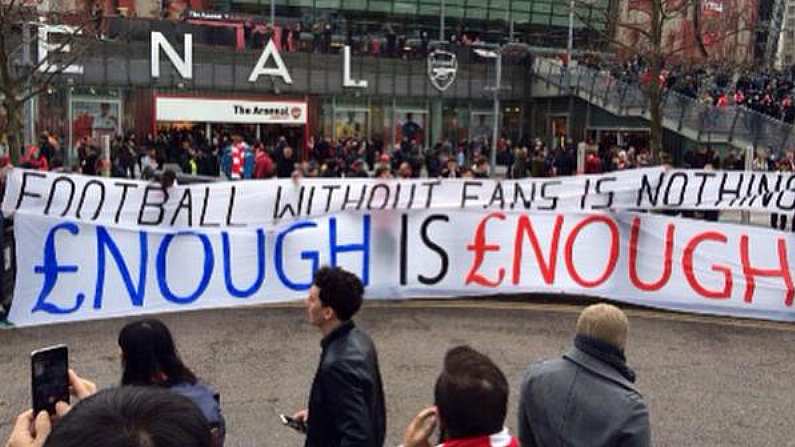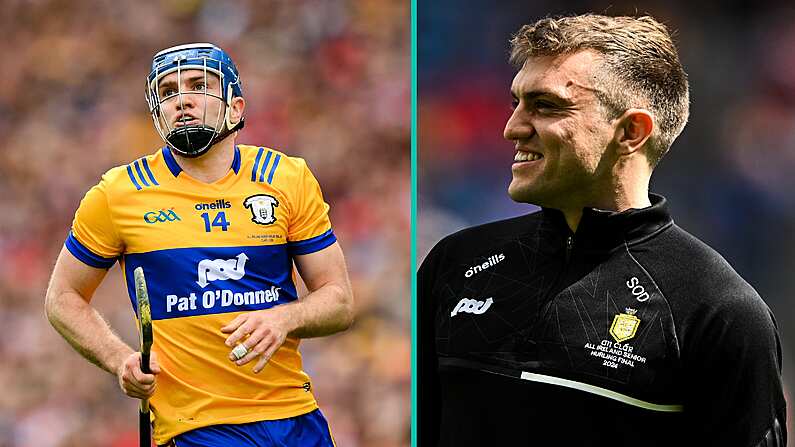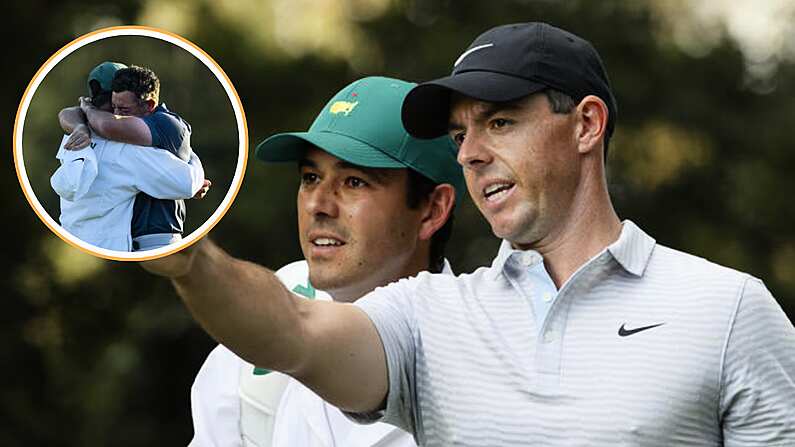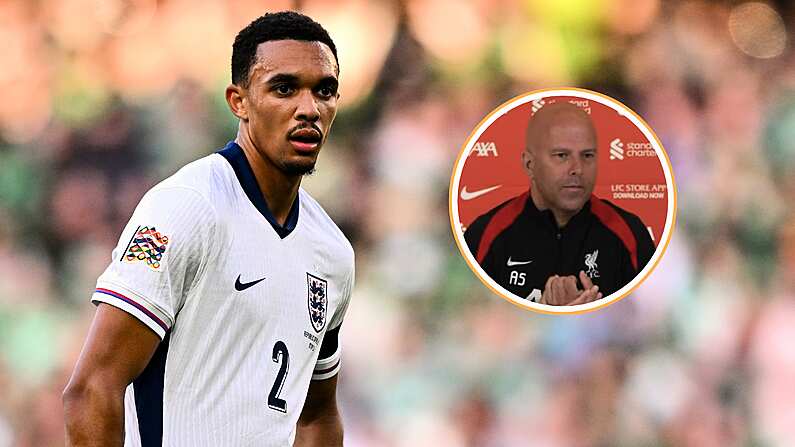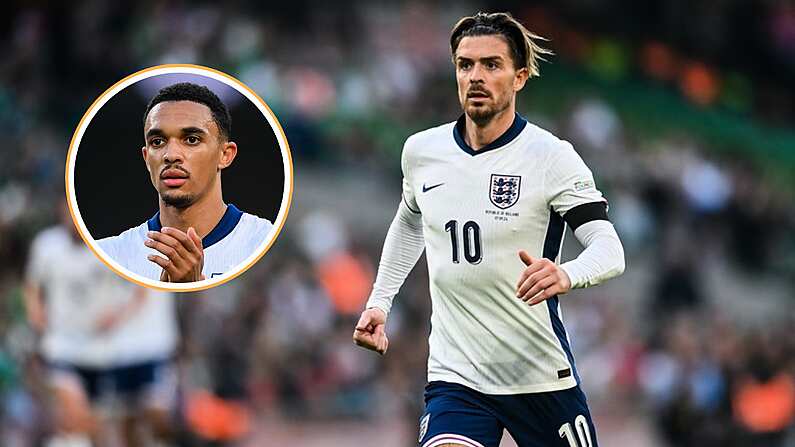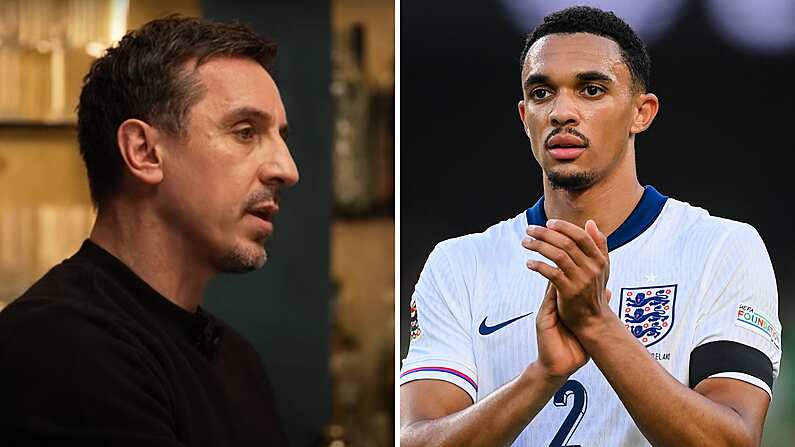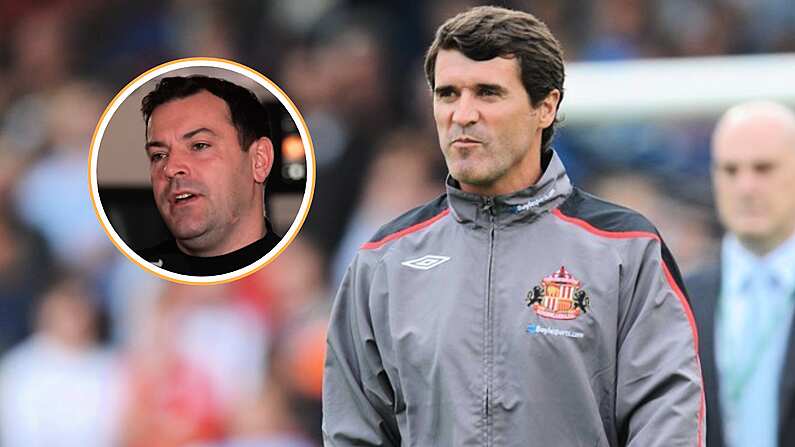It turns out that Jock Stein was wrong when he said “football is nothing without fans.” 2020 showed us that football without fans is not nothing, it’s something else entirely.
Even in empty stadiums, the sport has delivered moments of drama and entertainment for a housebound TV audience desperate to watch just about anything. But the canned crowd noise and the largely joyless atmosphere of Premier League football in the Covid era has at times felt like watching a simulation of the sport rather than the real thing. The welcome sight of even small pockets of supporters scattered around Premier League stadiums in recent games feels like the beginning of a recovery, where all that we love about the game will be restored.
The reality is that what we have seen over the past six months – a watered-down, perfunctory version of the sport with supporters on the outside looking in – may in fact be the direction that the game is heading in the longer term.
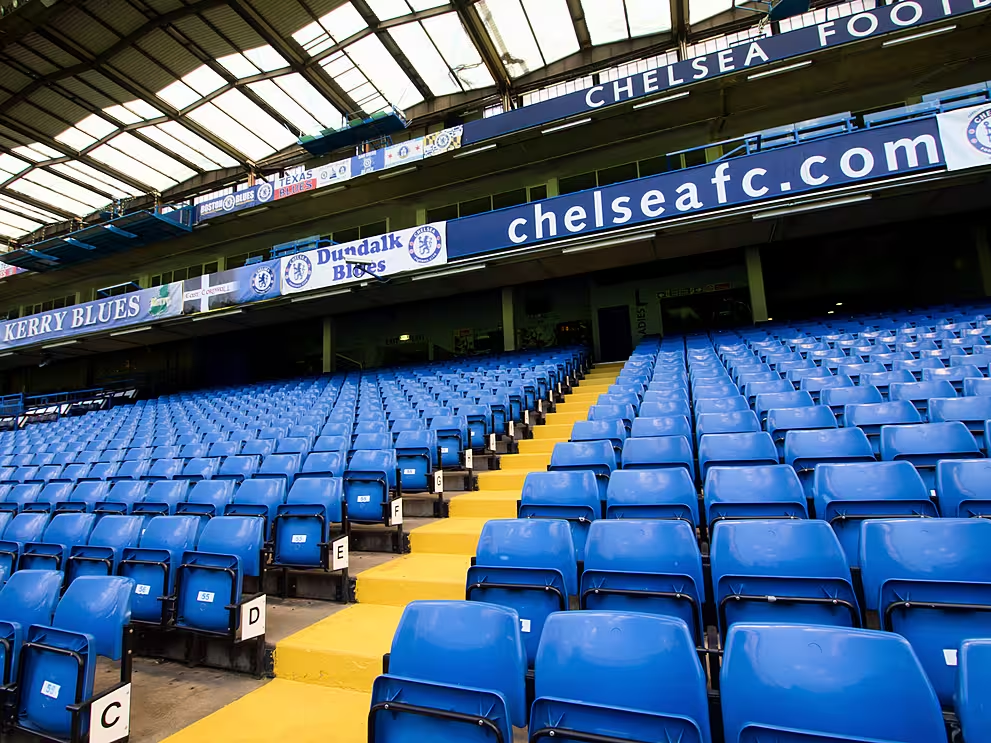
This year has proven two things about Premier League football: that packed stadiums are an essential resource for the product to thrive, and that many of the top clubs take fans for granted, seeing them as little more than a cash machine that will be there no matter what. The Premier League pay-per-view model, which was scrapped in November following a backlash and boycott from many supporters’ groups, is a perfect example of the latter.
The pricing of live streams of football matches at £14.95 (€16.95 in Ireland) during a pandemic was as poor an attempt to read the room as you’re likely to see, but the reaction from supporters proved that there is some merit in collective action that extends beyond the interests of any single club. The #CharityNotPPV campaign raised in the region of £500,000 in donations to food banks - a public rebuke of the Premier League’s arrogance that forced them to back down, scrap the plan and re-group.

But there are bigger issues for supporters on the horizon than the pricing of live football matches this season. The intent of the proposals from ‘Project Big Picture’ is clear – to consolidate power among the small number of elite clubs at the expense of competition and fairness. Supporters of those elite clubs might not care if it preserves their team’s future at the top, but there is a wider perspective that needs to be taken.
It’s not that long ago that the likes of Chelsea, Man City and Spurs would have been locked out of the inner circle. Their recent success, while in the cases of City and Chelsea in particular, have been driven by heavy investment. But at least they have shown a route by which the top end of the table can be disrupted and how a club’s fortunes can change. Or take a club like Leicester, who have enjoyed recent success off the back of shrewd signings and managerial appointments - posing a genuine threat to the status quo over a number of seasons, yet they would be excluded from the top table if the Project Big Picture proposals were accepted.
Fans of these clubs in particular should realise that success in football can be cyclical and attempts to prevent that go against the fundamental principles of the sport. And as for the rest of the clubs in the ‘bottom 14’ of the Premier League and below, the intentions of the elite clubs at boardroom level should be seen as a threat to any hope that others may have of one day becoming a ‘Leicester’.

The #CharityNotPPV campaign should be taken as an example of how supporters can force the Premier League to listen – through negative PR and by affecting their bank balance. Irish supporters can attest to how the tennis ball protest against Georgia in 2019 was a turning point in how the previous regime of the FAI was eventually exposed, after years of supporters’ concerns being largely ignored.
So why is it that we see so little activism among Premier League supporters? Surely now, more than ever, as fans return to stadiums over the coming weeks and months, if there is any real opposition among supporters to the attempted power-grab of the elite clubs, then it needs to be made visible and audible when the cameras are rolling. Project Big Picture may have gone away for now, but it won’t be long before new proposals with similar intentions are being put forward.

The Premier League Big Six are not alone in their pursuit of power and wealth at the expense of competition. This idea is shared across many of the top clubs in Europe. Plans for a revamp of the Champions League format to increase TV revenue feel like a risk not worth taking, considering that the knockout stages over the past few years have made it arguably the most exciting competition in sport. A greater number of lower stakes matches between major clubs is more likely to dilute rather than enrich the competition. But again, the interests of supporters and the competition itself will always take a backseat when there is even more money to be made. And the football authorities appear either unable or unwilling to intervene in a meaningful way.
The horse has long bolted. The rich and dominant clubs wield all the power in the game and it is likely to stay that way for many years to come. But the collective power of supporters is the last remaining hope that could bend the will of the clubs if enough pressure was applied. It is perhaps wishful thinking to believe that a sense of collectivism could emerge among supporters in an age plagued by tribalism, paranoia and finger-pointing. But if they can’t see the need for it now, they probably never will.
Images from Shutterstock.


